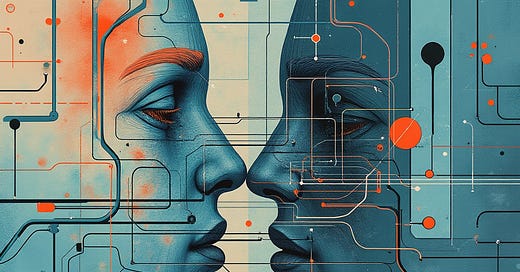“Could I have been a parking lot attendant?
Could I have been a millionaire in Bel Air?
Could I have been lost somewhere in Paris?
Could I have been your little brother?
Could I have been anyone other than me?”
-Dave Matthews
A few weeks ago, I stopped at a small, quiet restaurant in rural Tennessee. The place had a rustic charm, with its walls covered in…





